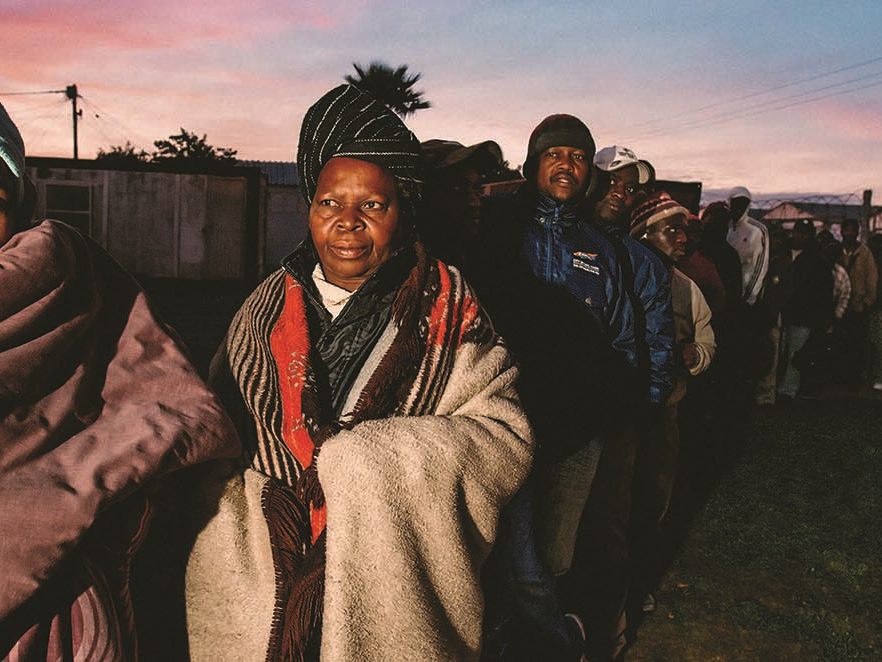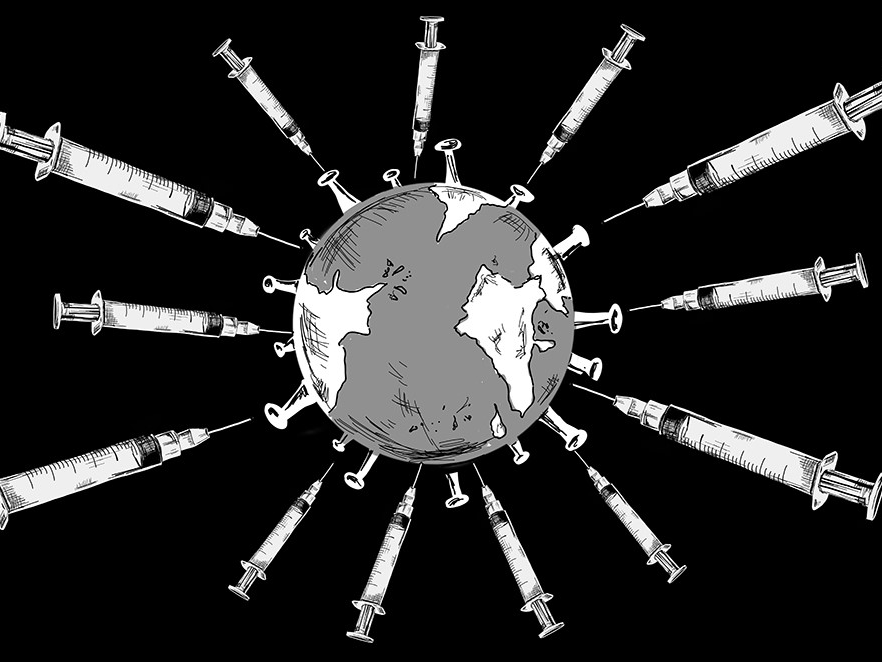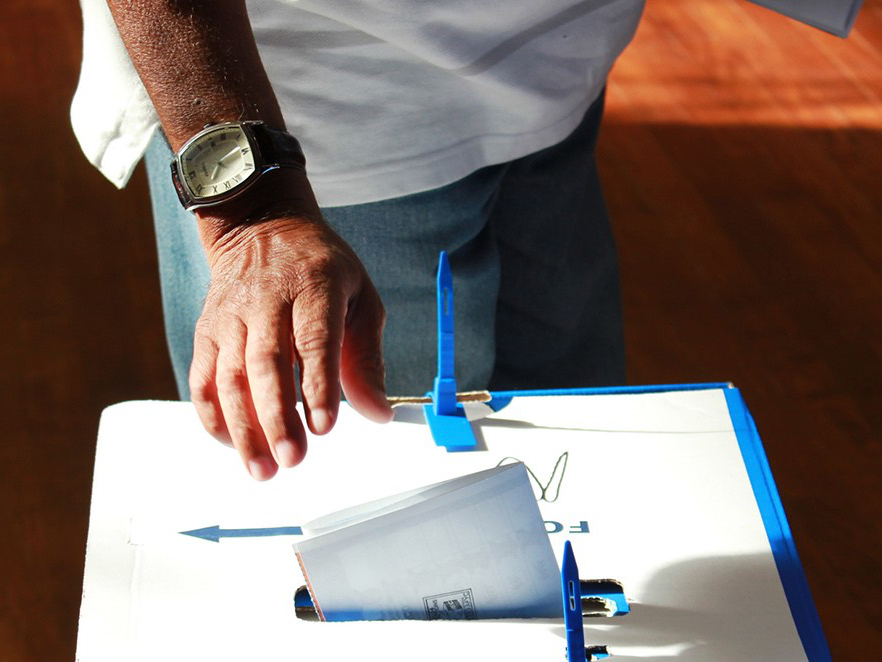If there is one thing that Brexit and Trump demonstrated in 2016, it is that political risk is not and has never been the sole preserve of the emerging markets. Investors in Europe and the US need only look back a few years to the disputed result of the Gore-Bush election and the hanging chads of Florida, the repeated scandals of the Berlusconi and Sarkozy years in Italy and France or the period in 2010-11 when Belgium went 589 days post-election without being able to form a government.
This risk is reflected in the performance of the capital markets. Since 1928, the S&P 500 has fallen an average of 2.8% in US presidential election years that don’t feature an incumbent seeking re-election. In fact, of the eight years included in a two-term presidential cycle, the final year of the second term — when the incumbent is constitutionally prevented from running —is the only one that has seen average negative market returns. By contrast, in years when the sitting president is up for re-election, the S&P 500 has averaged positive returns of 12.6%. So whilst politicians seeking office will typically run on a promise that change will be positive, it would appear that markets tend to disagree.
So as we move into 2017, an important year in Africa’s electoral cycle, how will markets and indeed the economies of these countries react to the prospect of a number of leaders stepping down or losing their mandate? Democracy is “new” to Africa, and in fact is new in many markets. For roughly the first 2,400 years since the idea of democracy first developed, “government by the people” was considered a chaotic, impractical idea. In fact it took until 1900 for universal suffrage to be introduced anywhere on the planet. By 1973, only about 30% of sub-Saharan countries were defined by Freedom House as “free” or “partly free”. In its latest report the share stands at 59%.
Elections are when democracy and economic growth interact most directly, and the elections that have taken place across Africa over the last 20 years and particularly over the last two years are in many ways significant developmental milestones. In 2015, Nigeria achieved its first peaceful transition between civilian governments since independence. In 2016, Ghana elected Nana Akufo-Addo as its new president following an extremely tight contest. Most recently, the election in The Gambia was considered a bellwether for African democracy as a whole, and although the defeated incumbent was initially reluctant to surrender his office, it now appears as though a peaceful transition has been secured. This was an important achievement, as a failure of the electoral process even in a country of 2 million people where the GDP is less than a third of the amount spent by 2016’s US presidential candidates, could have done meaningful damage to the reputation of the wider continent.
At first glance Sub-Saharan Africa’s recent economic evolution suggests a positive relationship in the region between democracy and economic growth. In parallel with the introduction of regular multi-party competitive elections to 40 countries in Africa over the past decade, we have seen a period of relatively consistent economic growth and a departure from the stagnation and recession of the “hopeless continent” of the past. Growth in GNP rose from an average of 1.7% in the late 1980s to over 5% in the run up to 2010-2012, and it was this combination of growth and a new hope for political stability that were behind the emergence of the “Africa Rising” narrative.
So whilst from a continental perspective, the emergence of democracy seems to have had a beneficial economic impact, at a country level, the impact has not always been so positive. For instance, Ghana’s growth dropped from 15% in 2011 to 7.9% in 2012, the election year. In Zimbabwe, the drop was 4.3% ahead of the 2013 presidential election. We would expect to see this phenomenon recur again this year in countries where elections are happening, as electoral cycles impact on economic policy decisions. Examples of this are extensive. Following the election in Ghana in 2008, the National Democratic Congress reassessed many existing contracts, in some cases withholding payment for up to two years. Non-performing loans in Ghana’s banking sector soon more than doubled to 18 percent. In Zambia, the new government reversed the privatization of Zamtel, and introduced additional capital requirements for the banking sector. And in all markets, developed and emerging, ministries and government departments can descend into pre-election paralysis, delaying or deferring critical investment decisions pending clarity on the new administration’s policy changes.
Africa’s quest for democracy has also famously delivered some of the most prominent political shocks of the last decade, as the quest for fair and universal suffrage has resulted in civil unrest. The Arab Spring—triggered by the protest of unemployed youth in Tunisia in late 2010— unleashed a wave of upheaval and conflict that soon spread to Libya and Egypt. These three countries’ economies did not grow at all between 2010 and 2015, a sharp contrast with 2000 to 2010, when they expanded at an average annual rate of 4.8%. Events of this nature are hard if not impossible to predict, but at this stage we do not foresee any of the 2017 scheduled elections triggering this type of economic or political setback.






